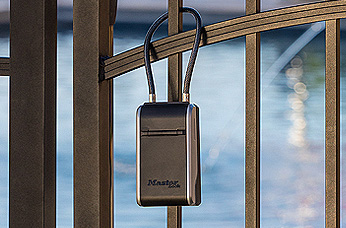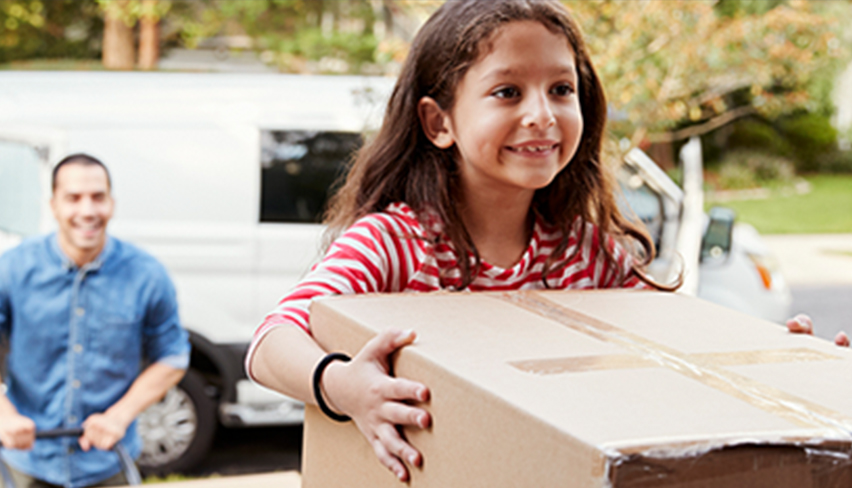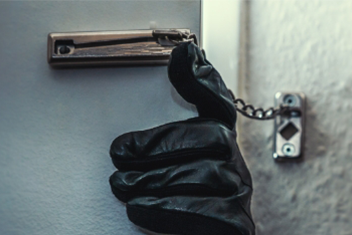- Home >
- Security and Safety Insights >
- Teaching Kids Responsibility with Locks and Safes
Teaching Kids Responsibility with Locks and Safes
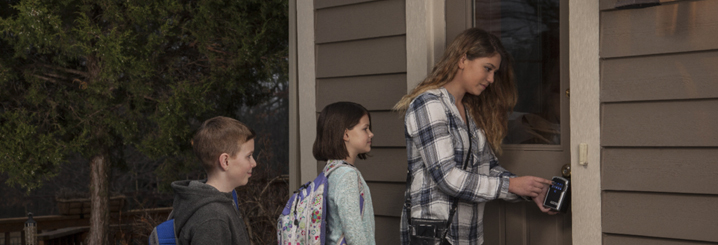
Teaching children about personal safety, including locks and safes, is essential. By learning how these devices work, kids can understand the importance of keeping valuables secure and staying safe. It's not just about the mechanics; it's about teaching responsibility and awareness from a young age. Parents can teach their kids to use locks and safes properly, showing that these tools not only keep their belongings secure but also keep dangerous items out of reach.
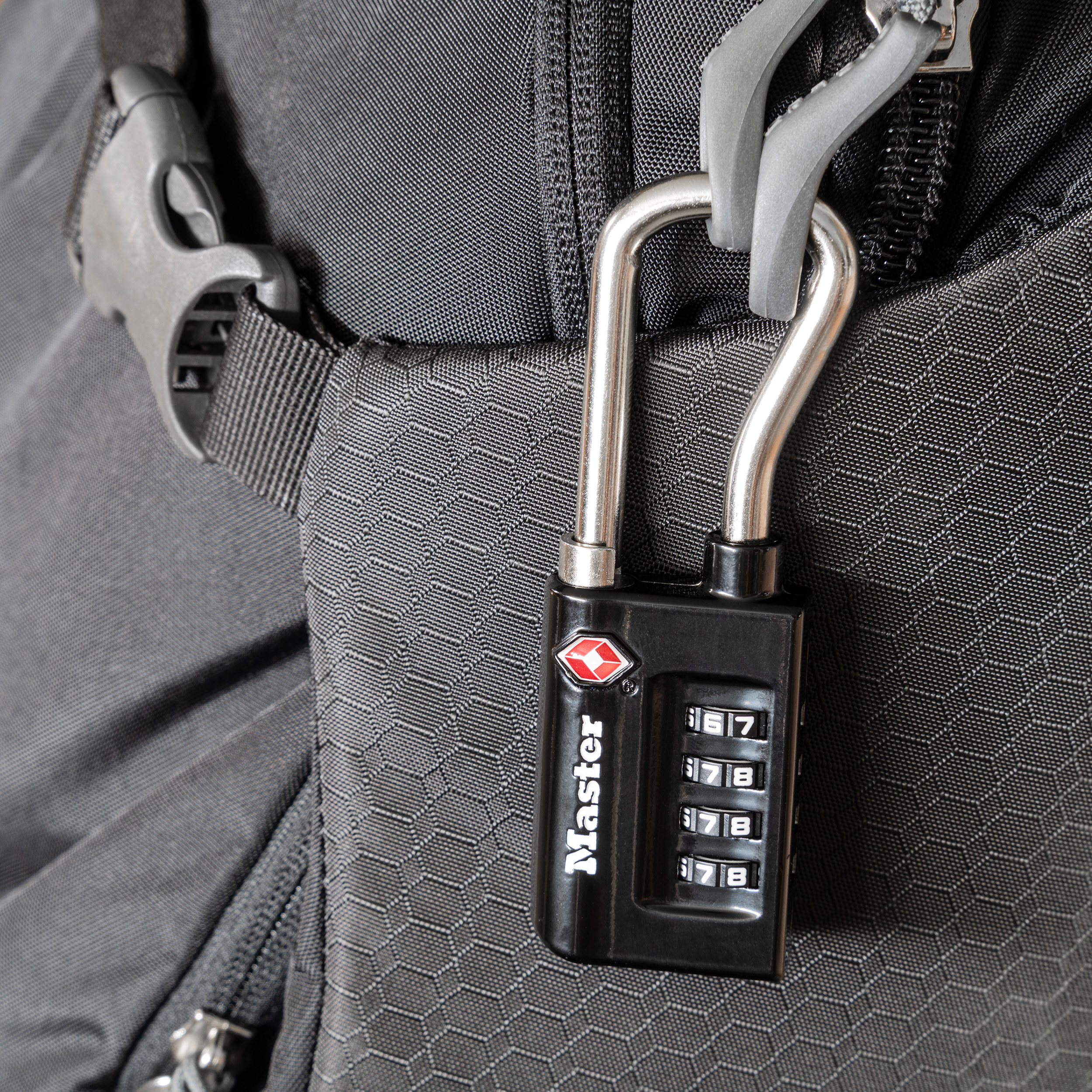
Everyday Security for Kids
Teaching kids about different types of locks helps them appreciate everyday security. For instance, padlocks for school lockers and backpack locks are crucial for protecting their belongings during the day. Outside of school, kids should know how to use padlocks and bike locks to secure their bicycles and other outdoor items. At home, padlocks can secure gates, sheds or other restricted areas. By educating children about these different locks and their uses, parents can help them develop practical safety habits that will benefit them throughout their lives.
Child-Friendly Locks
When choosing the right lock for your child, it's important to think about where it will be used and to consider factors like durability, ease of use and security.
School
Combination locks: As one of the most recognizable, reliable and widely used padlocks for school, Master Lock combination locks offer students an easy and effective way to secure their belongings. They feature a user-friendly 3-digit dial for quick access and come in fun colors for personalization and easy spotting in busy hallways.
Backpack locks: With many schools providing tablets or laptops for classroom use, students often take these devices home. A backpack lock helps protect your child’s devices during their trips to and from school, offering customizable combinations and bright colors to match their backpack.
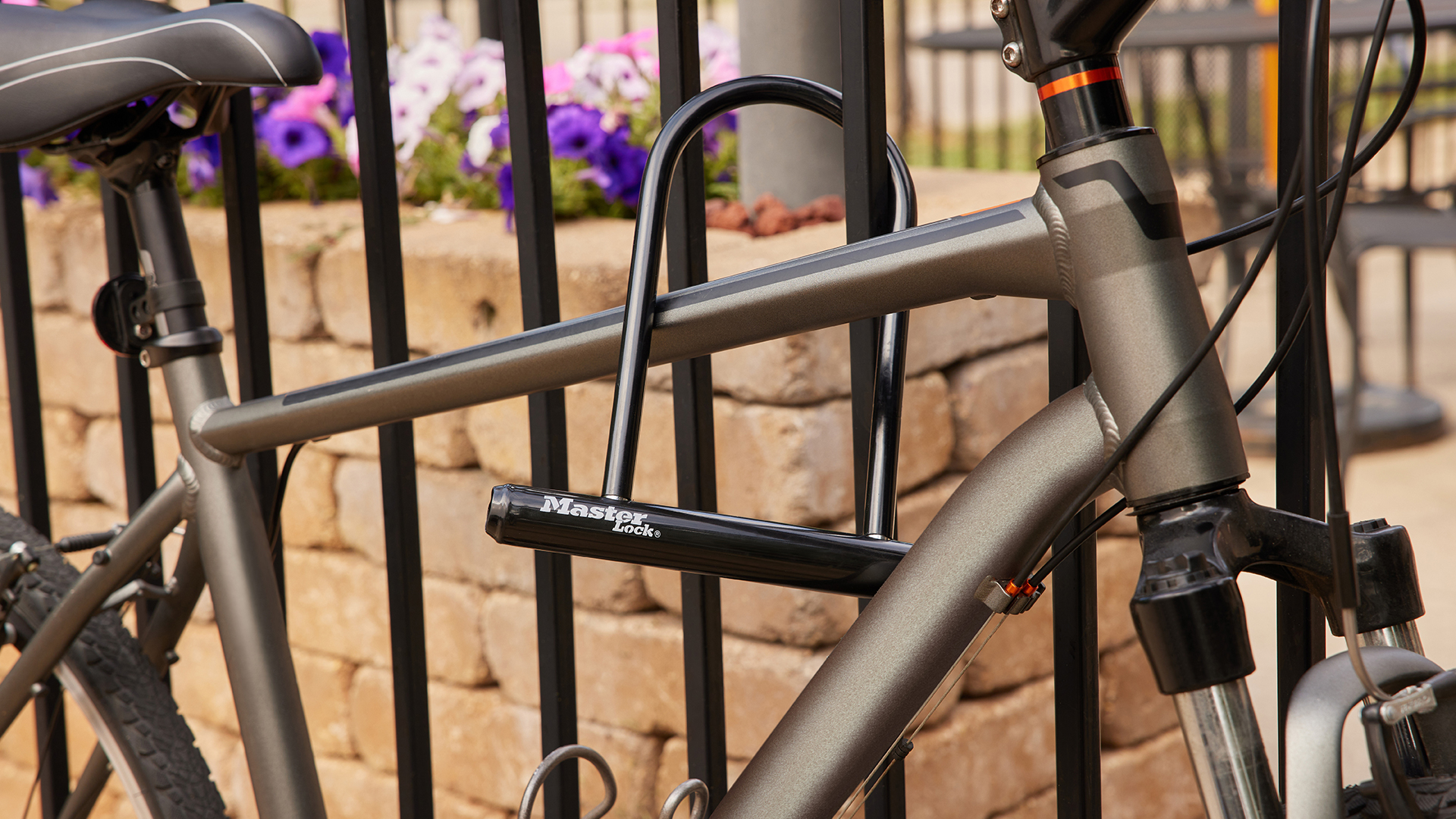
主页
Bike locks: Ensure your child’s bike stays safe with sturdy Master Lock bike locks, ideal for school or neighborhood rides. With easy-to-use mechanisms, these locks provide reliable protection and peace of mind.
Padlocks: Padlocks are essential for securing areas and items that could be potentially dangerous, like sheds, toolboxes or cleaning supplies. Understanding the importance of these locks helps kids recognize the need for safety and why certain things are kept securely locked away.
Cabinet locks: Similarly to padlocks, Yale Smart Cabinet Locks™ can help secure medicine, liquor or other potentially dangerous items. By installing these locks inside cabinets and drawers, you help children understand the need for keeping certain things out of reach. These locks also provide real-time activity updates through the app so you can check whether your cabinets and drawers are open or closed from anywhere.
Lock Tips for Children
It's important for kids to understand a few key practices when it comes to using locks:
- Never share your combination or keys with anyone except trusted adults.
- Get in the habit of locking things up every time they are used, like bikes and lockers.
- If a key or combination might be compromised, let a trusted adult know right away.
- In case of emergencies, (getting locked out, forgetting combinations, stolen locks or keys) know who to contact.
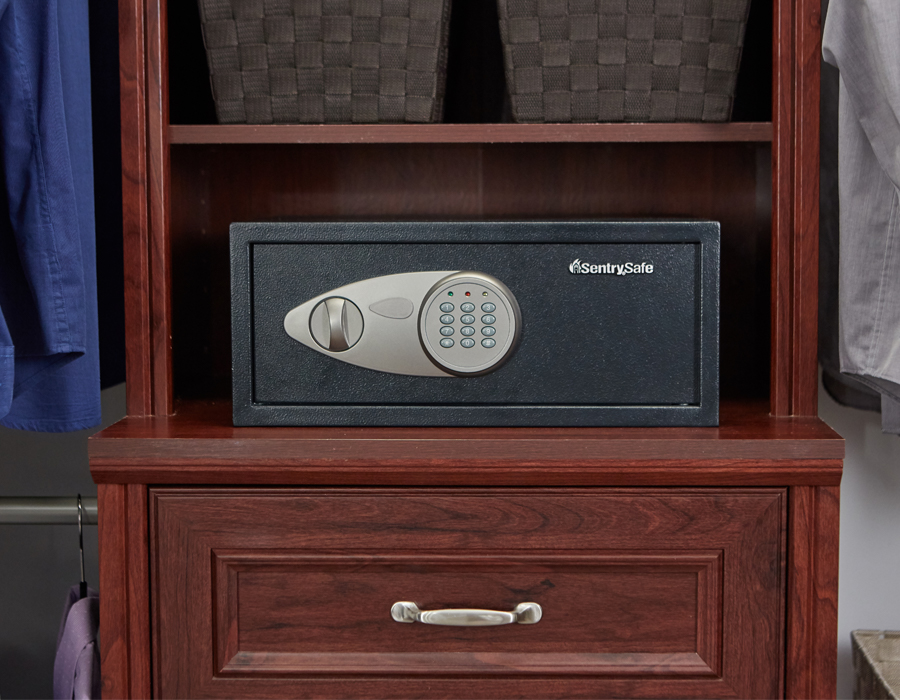
Understanding Safes
Safes are essential for protecting valuable items, important documents and potentially dangerous objects. They come in various types to meet different needs: safes for general valuables and important documents, as well as specialized safes designed specifically for medications and firearms. By understanding how these safes work, children can grasp the importance of keeping certain items securely locked away and why this practice is important for their safety and well-being.
Communicating the Importance of Safe Storage
It’s important to explain to children why certain items are kept in safes. Some contents, like medications and firearms, can be hazardous if mishandled. In fact, unintentional injury is a leading cause of death among U.S. children with firearms as the leading injury method1. Teach kids not to tamper with safes and explain that they should notify an adult immediately if they find a safe open or unlocked. Establishing clear emergency protocols ensures they know how to handle these situations appropriately, helping them understand the purpose behind these safety measures.
By learning about these safety measures, children gain the skills to protect their belongings and understand why certain items need to be securely locked away. This practical safety knowledge not only helps keep them safe but also fosters a sense of responsibility and awareness.
